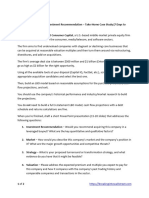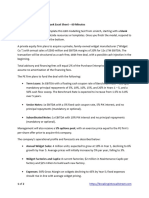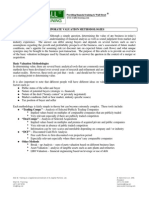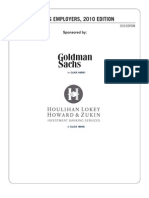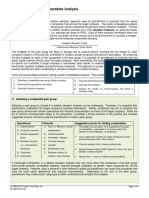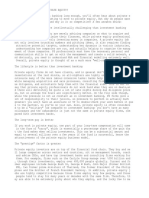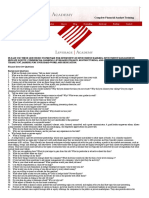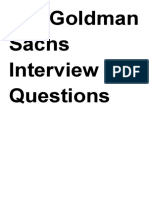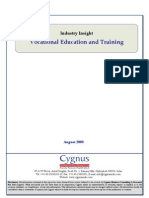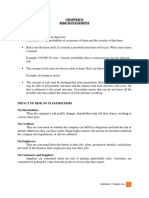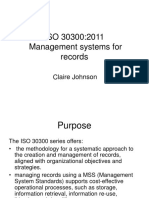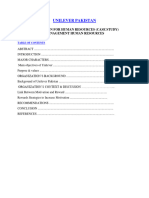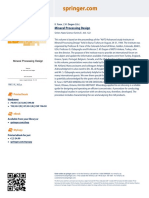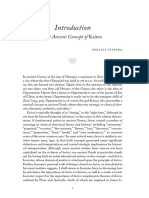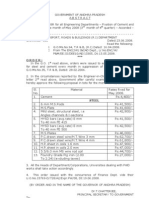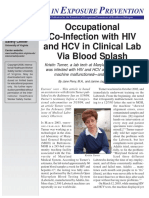0% found this document useful (0 votes)
3K views15 pagesPoint72 Interview Questions
The document outlines the interview process at Point72, detailing various questions candidates may face, such as defining hedge funds, understanding capital markets, and discussing investment strategies. It emphasizes the importance of demonstrating knowledge, problem-solving skills, and the ability to work under pressure. Additionally, it provides examples of how to effectively answer these questions to showcase relevant experience and alignment with Point72's values.
Uploaded by
c78379597Copyright
© © All Rights Reserved
We take content rights seriously. If you suspect this is your content, claim it here.
Available Formats
Download as PDF, TXT or read online on Scribd
0% found this document useful (0 votes)
3K views15 pagesPoint72 Interview Questions
The document outlines the interview process at Point72, detailing various questions candidates may face, such as defining hedge funds, understanding capital markets, and discussing investment strategies. It emphasizes the importance of demonstrating knowledge, problem-solving skills, and the ability to work under pressure. Additionally, it provides examples of how to effectively answer these questions to showcase relevant experience and alignment with Point72's values.
Uploaded by
c78379597Copyright
© © All Rights Reserved
We take content rights seriously. If you suspect this is your content, claim it here.
Available Formats
Download as PDF, TXT or read online on Scribd
/ 15













